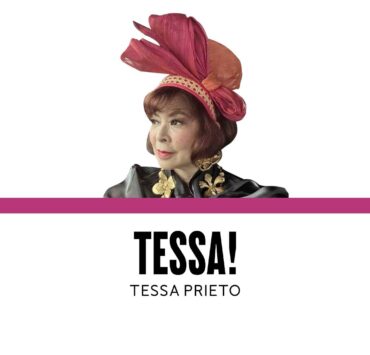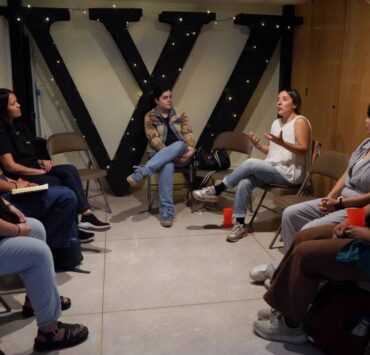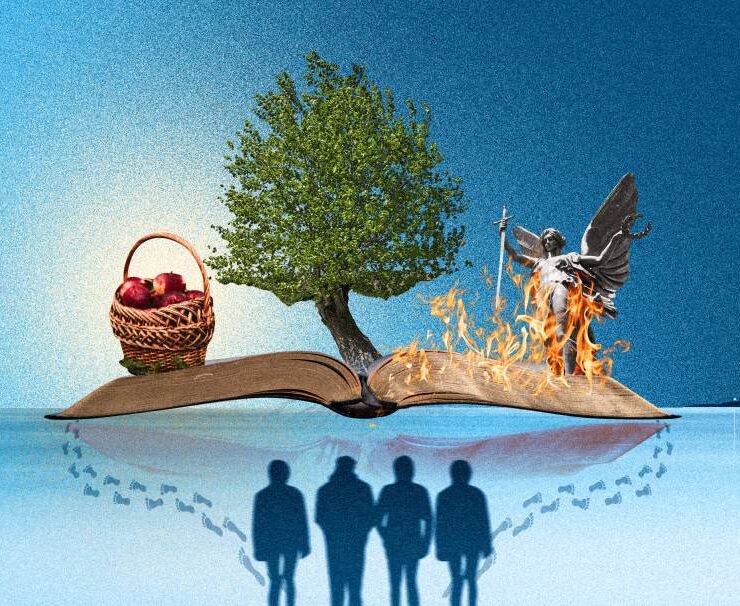What the parable of the prodigal son teaches us

March 30 2025 – Fourth Sunday of Lent
Readings: Joshua 5:9a, 10-12; Psalm 34, R. Taste and see the goodness of the Lord.; 2 Corinthians 5:17-21; Gospel – Luke 15:1-3, 11-32
When I was in college, the Parable of the Prodigal Son, our Gospel for this Sunday, was also known as the Parable of the Forgiving Father. Let us reflect on this parable from the perspective of the father.
There are two sets of virtues of the father that I propose for our reflection, and how these give us a way of relating to one another as our third point for reflection.
The first set of virtues of the father was his respect for the freedom of his son, which allowed him to trust the decisions of his son. These virtues were both explained and expressed by the fidelity and constancy of the father’s love for his son, the second set of virtues.
The beginning of the parable narrated to us how the younger son asked for his inheritance, which the father readily acceded to, and then left home.
More than seemingly being a father who spoiled his son, he acted more out of respect for his son’s freedom and even his right to his share in the family estate. Such respect, I believe, is founded on trust.
One of the things I have shared with parents over the past 45 years as a teacher and formator is that one important moment in a young person’s life is when he or she takes responsibility for something or someone.
One of my favorite experiences of this was with a first-year high school student who did not pass the school year. Although he was qualified to take summer classes, there was a technicality that disallowed him.
I met with him and his father and explained why he had to move to another school. The meeting went well, and they were advised to process his clearance.
A few days later the young man came back to my office without his parents. He admitted his shortcomings and failures and appealed for another chance.
Seeing how he took responsibility for his situation, I approved his appeal. He went through high school without any further problems, got into college, went abroad, got a master’s degree, and is doing well.
Respect and trust
This is an example of the respect for freedom and trust in a person’s ability to take responsibility for one’s life. I believe, like the father in the parable, that this is how God concretely relates with us.
He gives us total freedom because he respects and trusts us. This respect and trust are an expression of God’s love for us that is faithful and constant. This love is the source of the respect for our freedom and the trust he gives us—our second point for reflection.
The father saying “yes” to the son’s request for his share is a picture of God giving all that we are and have, all of creation to use.
As St. Ignatius of Loyola put it in his First Principle and Foundation, all of creation is given to us to attain the end for which we were created, which is union with God. Use them if they help attain our end and set them aside if they don’t.
This is the creative and gracious love of God, faithful and constant. This fidelity and constancy are further deepened in the forgiving and merciful love of God.
After the son in the parable messed up, realized his mistake, decided to seek forgiveness, and went back home, we saw the other side of the father’s love. The love that respected and trusted the son, faithful and constant, revealed itself as forgiving and merciful love.
The amazing thing about this love was how the father ran out to meet his returning son. And we saw this again when he went out to plead with his other son. This was how faithful and constant his love was for his sons.
This is God’s love for us—respectful and trusting, faithful and constant.
This leads us to our third and final point. This is a way for us to relate with one another–God’s relationship of love with us that we are invited to emulate.
We are invited to treat each other with respect despite differences in stands or opinions; to trust one another when the atmosphere seems to encourage clinging on to biases that lead us to being judgmental; to remain faithful to our aspirations for genuine solidarity and fraternity, and to be constant in our actions and way of life that fosters these.
This is what we can set as an ideal for “pakikipagkapwa-tao.”
In a world, a society that is so polarized and prone to constantly “demonizing” one another, we can learn much from the parable of the prodigal son returning to a forgiving father. It is our chance and the grace to heal individually, as a family, as a community, as a nation, and as one human family.





















